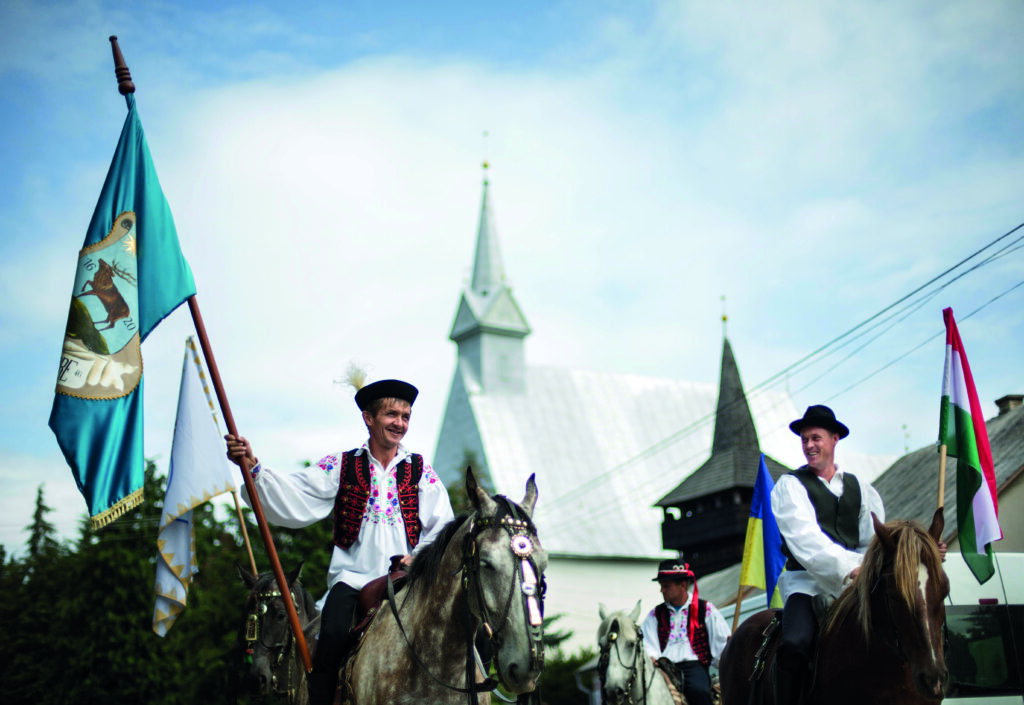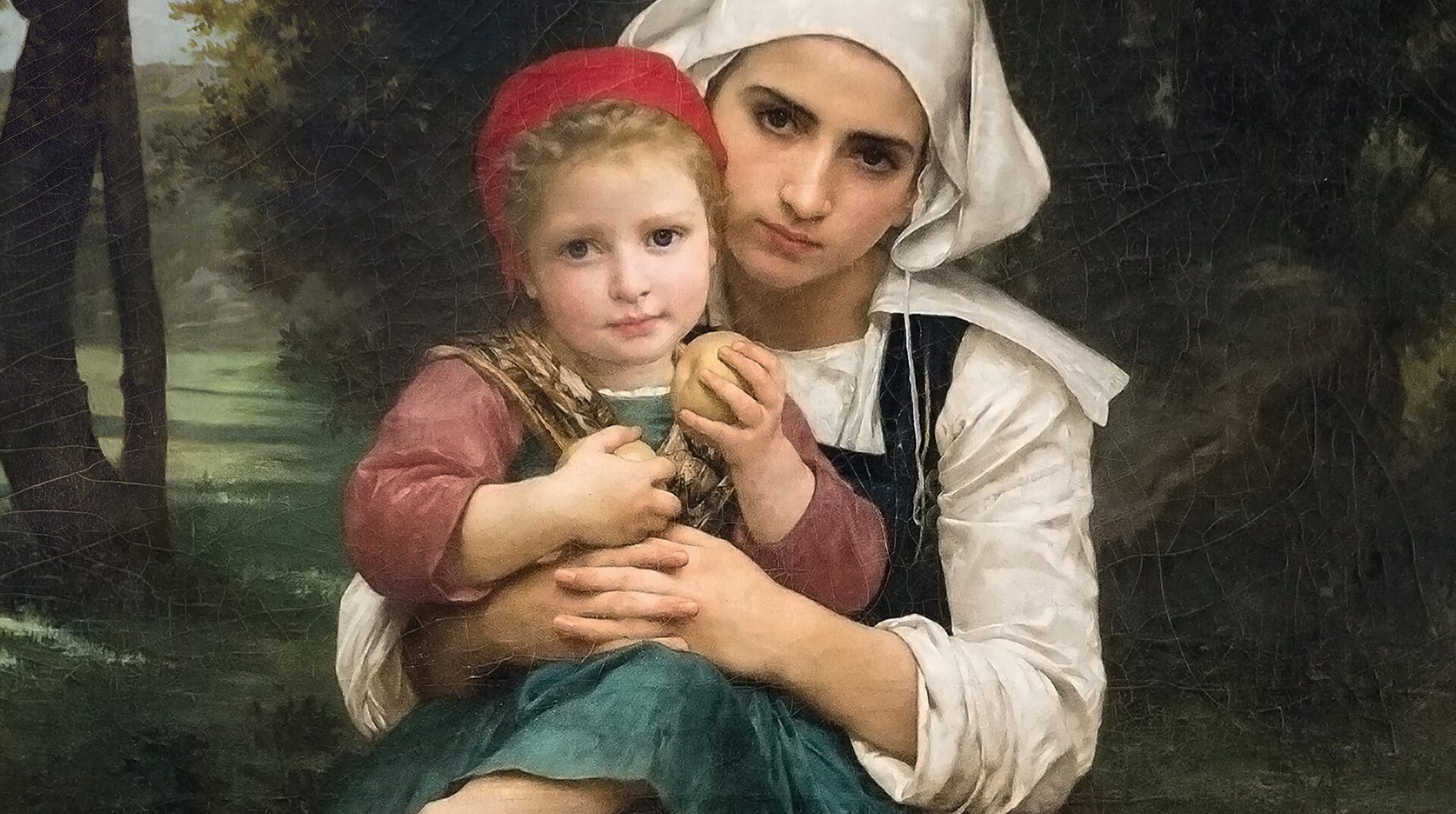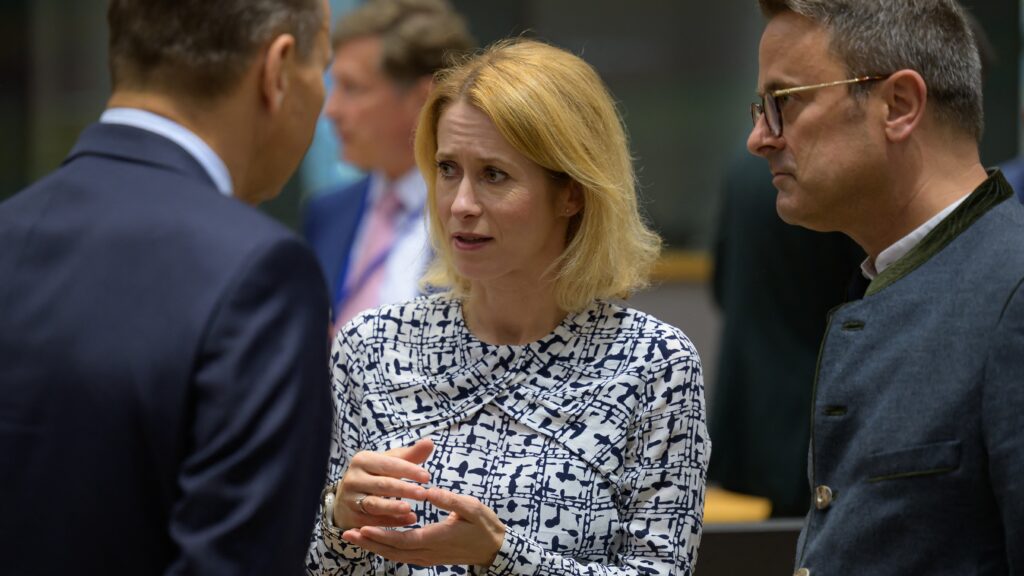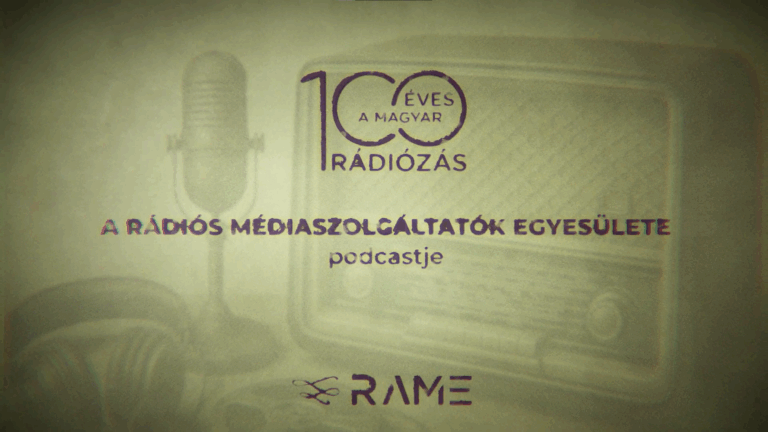This article was published in our print edition’s Special Issue on the European Union.
In Animal Farm, George Orwell’s political satire about Soviet Russia, the dictator of the Animal Farm—a pig named Napoleon—must devise a way to harmonize the special privileges that the farm’s pigs have reserved to themselves with the revolution’s egalitarian principles. After all, the barnyard idealists who overthrew the human farmer established a political and social order guided in part by the belief that ‘all animals are equal’. The porcine ruling class’s solution? They rewrite the constitution to read: ‘All animals are equal, but some animals are more equal than others.’
As on Animal Farm, so too with the European Commission in Brussels. For the European Union’s ruling class, all minorities are diverse, but some minorities are more diverse than others. This Orwellian logic governs the EC’s stance on national minority rights. Over one million citizens from across the EU signed the Minority SafePack European Citizens’ Initiative, which called for laws and programmes aimed at protecting national and linguistic minorities throughout Europe. Led by the Federal Union of European Nationalities (FUEN), which launched its campaign in 2013, activists also gained the formal support of the European Parliament, as well as some national and regional legislative bodies.
It was an impressive accomplishment. The European Citizens Initiative is a grassroots mechanism that allows ordinary Europeans to propose legislation directly to the European Commission, provided that activists can gather at least one million valid signatures from at least seven EU member states. This is a high bar to clear; over the last decade, only about four percent of ECI campaigns met the criteria. The Minority SafePack was one of them. It is not difficult to understand why. Europe is a highly diverse continent, with a vast array of ethnic, cultural, and linguistic minorities living among majority populations. According to FUEN, 8 per cent of EU citizens belong to a national minority within the EU, and 10 per cent speak a regional or minority language.
Some minorities, like the Basques and Catalans of Spain, and the Bretons of France, have lived as minorities within their countries for many centuries, and have preserved their languages in the face of enormous challenges. Others, like ethnic Hungarians living in lands severed from Hungary by the 1920 Treaty of Trianon, have lived as minorities for a much shorter time. Yet all have felt the sting of discrimination, even oppression. Others, like Frisians living in the Netherlands, which prides itself on its tolerance and liberality, may not suffer the harsher forms of discrimination, but understandably fear losing their language amid pressures to assimilate. Of the nearly 18 million people living in the Netherlands, only around 400,000 speak Frisian. The Frisian regional government endorsed Minority SafePack, welcoming its plan to institute safeguards for linguistic diversity at the EU level.
In its 2020 submission of legislative proposals to the European Commission, the leaders of FUEN brightly remarked, they were confident that the EU motto ‘United in Diversity’ was a living phenomenon within the institutional system of the Union, and they expected the European Commission to initiate a serious dialogue on the merits of their initiative and to propose new legislation based on it. That confidence was misplaced. In January 2021, European Commission members rejected the Minority SafePack as unnecessary, saying that minority rights are adequately protected by current laws. In response, Loránt Vincze, a European MEP and president of FUEN, fumed that millions of European minorities ‘live in a situation of inequality in their own country already, now the European Commission, which is supposed to be the guardian of democracy, the rule of law, dignity and justice, is also turning its back on them’.1 FUEN appealed to the European Court of Justice, which in 2022 upheld the EC’s rejection of the Minority SafePack. After nine years of continent-wide grassroots organizing, this was the end of the road.
Disappointing? Yes, to put it mildly. Consider, for instance, the plight of ethnic Hungarians living in far western Ukraine. They were Hungarian citizens until the 1920 Treaty of Trianon severed 70 per cent of Hungary’s historic territory from the country’s core, giving the nation’s eastern borderlands to Ukraine. After the collapse of Communism, the Kyiv government was relatively respectful of the rights of non-Ukrainian minorities, including ethnic Hungarians. However, when Russia seized Crimea in 2014, Kyiv passed laws to shore up Ukrainian identity in the face of Russian aggression and cultural assertion in Ukraine’s Russian-speaking far east. This had unintended knock-on effects on Hungarians and other minorities in Ukraine. Ethnic minorities are heavily restricted from offering education in their native language. Under a 2021 law, Kyiv redefined its definition of ‘indigenous peoples’ to exclude Russians, Hungarians, Poles, Romanians, and Bulgarians, thus putting them outside of the protection of laws intended to defend diversity. Even now, ethnic Hungarians living in Ukraine continue to suffer harassment and discrimination from the Ukrainian government. Of course, Ukraine is not a member of the EU—not yet, anyway. But the EU opened formal accession talks with Ukraine last December, chiefly in response to Russia’s 2022 invasion. The entire EU elite backs Ukraine joining the Union, as do strong majorities within most member nations. Had the Minority SafePack been accepted by the European Commission, ethnic Hungarians and other minorities living in Ukraine could have looked forward to guaranteed EU protection of their rights. Not now.
‘Deep down, these deracinated cosmopolitans loathe Europe’s historic identities, which are rooted in fidelity to the Christian religion and to folk traditions that make peoples distinct’
What is especially galling to supporters of Minority SafePack is that the Eurocrat elites stop at nothing to protect their favoured minorities: Muslims, non-European migrants, and sexual minorities. In Bangladesh, Riya Moni, an intersex Muslim, began living as a hijra, a common term in the Indian subcontinent for intersex and transgendered people. Facing discrimination, Moni turned to the local branch of a Danish human rights organization whose EU-funded work helps support and protect hijras. According to the European Commission, ‘This EU-funded protection programme provides sexual and reproductive health information and services to the hijra community. The group also enjoys recreational activities such as painting, dancing, and singing among other things.’ European taxpayer dollars go to support what the EC says is ‘a transgender woman’s struggle to be herself in Bangladesh’.2
One wonders if Occitan-speaking transgenders appealed to Brussels for help in their ‘struggle to be themselves in the Pyrenees’, by receiving EU-wide protection for their language, they might get somewhere. Meanwhile, on its website, the Council of Europe lists a variety of ways it promotes and defends people—including asylum seekers—on the basis of sexual orientation and gender identity.3 The COE boasts that it stands firmly against ‘homophobia, transphobia’, and other so-called phobias, using ideologically loaded terminology that pathologizes cultural or religious judgments about sexuality and gender identity. The COE is so passionately devoted to defending diversity in matters of sexual orientation and gender identity that it has no qualms about disrespecting and dismantling longstanding local and regional traditions. In 2020, the EU’s bureaucracy launched a new strategy to advance LGBT rights throughout the EU, and protect sexual minorities, including from democratically elected conservative governments.4 European Commission Vice President for Values and Transparency Věra Jourová said in a news conference that ‘too many people cannot be themselves without fears of discrimination, exclusion or violence’.5 Jourová called out the governments of Hungary and Poland for alleged anti-LGBT legislation. The right of the culturally conservative, traditionally Christian countries to govern themselves according to their own moral understanding does not exist for bureaucrats like Jourová. Nor does the fundamental liberal democratic right of free speech (the new strategy proposes making ‘hate speech’ against LGBT people an EU-wide crime). In 2021, the European Parliament declared the EU to be ‘an LGBTIQ Freedom Zone’, signalling its intention to keep expanding the rights of sexual minorities, even against the wishes of member states.
Again, the contrast between the EU elites’ solicitude for the liberties of sexual minorities, versus its blasé attitude toward ethnic and linguistic minorities, is instructive. Europe only began to decriminalize homosexuality in the 1950s and 1960s. In 2001, the Netherlands became the first country in the world to approve same-sex marriage. As distinct minorities considered deserving of legal protection, homosexuals and transgenders only appeared a moment ago in historical time. By contrast, speakers of Breton, a Celtic language, have lived in northwest France since the early Middle Ages. In modern France, governments attempted to quash the language, only desisting in the 1960s. This heritage of official suppression, combined with the advent of mass media and the draw of assimilation, has rendered Breton an officially ‘endangered language’. The French government estimates that only around 280,000 people still speak Breton, which is one of around 60 local or regional languages in the EU. Although the EU is officially committed to supporting linguistic diversity, François Alfonsi, a French MEP who supported the Minority SafePack initiative, believes the leadership’s heart is not in it. ‘We are witnessing a kind of contempt for certain cultures and languages that have helped to build Europe throughout its history, just as much as the languages that are considered official today by the EU. This is unacceptable,’ said Alfonsi, in an interview with The Parliament magazine.6
For autocratic federalists of the EU bureaucracy, privileging sexual and gender minorities appears to be more important than defending endangered languages that are unique carriers of European cultural memory. For purposes of protection in EU law and policy, sexual and gender minorities are more ‘diverse’ than ethnic and linguistic minorities. For the former, everything; for the latter, little or nothing. The hierarchy of values held by Europe’s ruling class does not only elevate sexual and gender minorities. On its website, the European Commission Against Racism and Intolerance (ECRI) has, in its words ‘regularly stressed a vital role of integration and inclusion of migrants as a cornerstone for building equal, diverse and inclusive societies. It, therefore, has consequently called on governments not only to prevent and combat discrimination against migrants, but also to take meaningful action to ensure their integration and inclusion within the society.’7
Moreover, policies addressing migrants should ‘contain measures to mobilize the entire society to facilitate, support and promote integration and inclusion. The aim of such policies should help the majority population to open up and embrace the richness of cultural diversity.’ What is more, according to the ECRI, European authorities should launch ‘awareness-raising campaigns to promote a positive image of refugees and asylum seekers’.8 In other words, the population of every European country must be forcibly motivated, in part through government propaganda, to embrace and normalize migrants. Never mind that European cities are filled with migrants and asylum seekers who have nothing to do. Never mind the high rates of migrant crime, including rape and assault. This is part of ‘the richness of cultural diversity’, according to EU officials.
In the eyes of Brussels and Strasbourg, it appears less important to preserve the diversity that already exists in Europe, with its complex mosaic of indigenous ethnicities and languages. Nor are religious and cultural particularities that conflict with what secular, deracinated elites of Western Europe prefer. According to a 2018 survey by the Pew Research Center in Washington, DC,9 there are stark differences between Eastern and Western European nations on issues of religion, culture, minorities, and certain social issues. Broadly speaking, Eastern Europeans are more nationalistic and defensive about their traditions, more likely to be socially conservative, and more inclined to see religion as an important part of national identity. It is easy, then, to interpret the indifference or hostility of the EU governing class to protecting minorities within the EU as a manifestation of Western Europe’s hegemonic arrogance towards its poorer Eastern siblings.
‘Western elites regard migrants, sexual minorities, and other outsiders as bearers of ‘‘the richness of cultural diversity’’, but do not see the culturally diverse minorities already within Europe itself in the same way’
True, nobody can see into the hearts and minds of EU leaders and functionaries and know precisely why to them some minorities are more diverse than others, in the Orwellian sense. Yet a coldness towards what is indigenously and traditionally European, versus its warm, inclusive stance towards what is new, counter-traditional, and Other, fits well with the trans-European ruling class’s oikophobia, from the Greek term meaning ‘fear of home’. Sir Roger Scruton once said that oikophobia is a pervasive condition among today’s globalists. He described the ‘oik’—an individual suffering from the condition of oikophobia—thus:
‘The oik repudiates national loyalties and defines his goals and ideals against the nation, promoting transnational institutions over national governments, accepting and endorsing laws that are imposed on us from on high by the EU or the UN…and defining his political vision in terms of universal values that have been purified of all reference to the particular attachments of a real historical community. The oik is, in his own eyes, a defender of enlightened universalism against local chauvinism. And it is the rise of the oik that has led to the growing crisis of legitimacy in the nation states of Europe. For we are seeing a massive expansion of the legislative burden on the people of Europe, and a relentless assault on the only loyalties that would enable them voluntarily to bear it.’10

Why should the bureaucratic managers of the EU care more about the condition of transgenders in Belgrade and Bangladesh, and the welfare of African migrants who enter the EU illegally than the survival of indigenous European languages and minority cultures? It is hard to escape the conclusion that deep down, these deracinated cosmopolitans loathe Europe’s historic identities, which are rooted in fidelity to the Christian religion and to folk traditions that make peoples distinct. To be fair, it is not a logical necessity that a diversity-driven preference for sexual minorities and migrants should require the EU to marginalize indigenous ethnic minorities and minority languages. After all, a Basque lesbian may wish to say marriage vows to her girlfriend in the Basque language, and would like the EU to value both aspects of her identity. Yet we should not be surprised that the EU leadership class reveals its preferences by what it chooses to count as diversity worth protecting at a Europe-wide level. As a general rule, progressives and liberals—including many right-liberals—keep their eyes fixed on the future. For them, the best future is typically one that has been chosen free of reference to the past, with its prescriptions and inherited loyalties.
Throughout the West today—not only in Europe, but in the United States, Great Britain, and elsewhere—there is a mania for forgetting our civilizational past as an intolerable moral burden. Western elites regard migrants, sexual minorities, and other outsiders as bearers of ‘the richness of cultural diversity’, but do not see the culturally diverse minorities already within Europe itself in the same way. The outsiders, you see, are for Western ruling-class elites what the Alexandrian Greek poet C. P. Cavafy said of the invaders on the outskirts of the city in his irony-drenched poem ‘Waiting for the Barbarians’: ‘Those people were a kind of solution.’11 A solution to what? To wearying decadence. To cultural and spiritual exhaustion. To an ineradicable feeling of guilt.
In the United States, by way of comparison, white ruling-class elites routinely elevate racial and religious minorities over those descended from Europeans who founded the nation. Those white Americans who are not ashamed of America’s past, and who do not share the cultural self-loathing of the educated white elites, are typically scorned as ‘deplorables’. To nurture contempt for them is, among these elites, a sign of virtue. It would not be surprising if a similar dynamic were playing out in Europe with regard to its indigenous minorities and their relationship to Brussels. To valorize in law and policy these particular minorities over autochthonous minorities calls to mind Hannah Arendt’s devastating verdict, in The Origins of Totalitarianism, on the nihilism of interwar European elites: ‘The members of the elite did not object at all to paying a price, the destruction of civilization, for the fun of seeing how those who had been excluded unjustly in the past forced their way into it.’12
It is probably too much to say the European government’s rejection of the Minority SafePack programme will bring about the destruction of civilization. But it no doubt will accelerate the disappearance of indigenous minority languages and traditions. When they go, they will not come back—and they will take with them to the graveyard of history cultural memories of peoples who built Europe. What is there to do now? Those who cherish these endangered tongues, minority cultural traditions, and the like, cannot afford to stop fighting for them politically. However, they also cannot afford to wait for politicians and bureaucrats to act. The survival of language, culture, and religion depends most of all on the choices of individuals and local communities to live them out, in word and in deed, even if that involves sacrifices.
In 2021, Cardinal Péter Erdő, the Hungarian Catholic primate, reminded believers who gathered for the dedication of a Budapest chapel in honour of the Virgin Mary that the Hungarian nation has endured centuries of catastrophes without losing its identity because the Magyars found common strength and solidarity in their shared faith. That is something not even the cold indifference of the European Commission can take away—but it is something Hungarians could lose if they neglect to renew fidelity in their own hearts, minds, and daily lives. ‘While today we are told that nations, cultures, minor languages are to be forgotten,’ Erdő said, ‘we believe that, amidst all the various crises we are facing in the West, our providential task is to stay alive as a community, keeping our eyes riveted on Christ.’13
NOTES
1 Federal Union of European Nationalities, ‘The European Commission Turned Its Back on National Minorities’, fuen.org (14 January 2021), https://fuen.org/en/article/Minority-SafePack-The-European-Commission-turned-its-back-on-national-minorities.
2 ‘A Transgender Woman’s Struggles to Be Herself in Bangladesh’, European Civil Protection and Humanitarian Aid Operations (1 February 2020), https://civil-protection-humanitarian-aid.ec.europa.eu/news-stories/stories/transgender-womans-struggle-be-herself-bangladesh_en.
3 ‘Sexual Orientation, Gender Identity and Expression, and Sex Characteristics’, SOGIESC, Council of Europe, www.coe.int/en/web/sogi, accessed 25 March 2024.
4 ‘‘Union of Equality: The Commission Presents Its First-Ever Strategy on LGBTIQ Equality in the EU’, European Commission (12 November 2020), https://ec.europa.eu/commission/presscorner/detail/en/ip_20_2068.
5 ‘‘EU Commission Launches Strategy for LGBT Protection’, VOA News (12 November 2020), www.voanews.com/a/europe_eu-commission-launches-strategy-lgbt-protection/6198298.html.
6 ‘Why Some of Europe’s Oldest Languages Are at Risk of Going Extinct’, The Parliament (8 February 2024), www.theparliamentmagazine.eu/news/article/europe-language-fundamental-rights-charter.
7 ‘News of the European Commission against Racism and Intolerance (ECRI)’, European Commission Against Racism and Intolerance (13 March 2024), www.coe.int/en/web/european-commission-against-racism-and-intolerance/-/ecri-s-recommendations-on-integration-and-inclusion-of-migrants-new-factsheet.
8 ‘Integration and Inclusion of Migrants Factsheet’, Council of Europe (13 March 2024), https://rm.coe.int/ecri-factsheet-on-inregration-and-inclusion-of-migrants-march-2024/1680aedbb4.
9 ‘Eastern and Western Europeans Differ on Importance of Religion, Views of Minorities, and Key Social Issues’, Pew Research Center (29 October 2018), www.pewresearch.org/religion/2018/10/29/eastern-and-western-europeans-differ-on-importance-of-religion-views-of-minorities-and-key-social-issues/.
10 ‘Roger Scruton, ‘Oikophobia’, Education and the Advancement of Ethics and Character, The Journal of Education, 175/2 (1993), 93–98.
11 Constantine P. Cavafy, ‘Waiting for the Barbarians’, CP Cavafy: Collected Poems (1975), 18–19.
12 Hannah Arendt, The Origins of Totalitarianism, 1958.
13 ‘“Keeping Our Eyes Riveted on Christ”: Did the Eucharistic Congresses of 1938 and 2021 in Budapest Carry a Prophetic Message for the West?’, National Catholic Register (28 March 2024), www.ncregister.com/features/new-budapest-shrine-and-hungarian-eucharistic-congresses-legacy.
Related articles:








